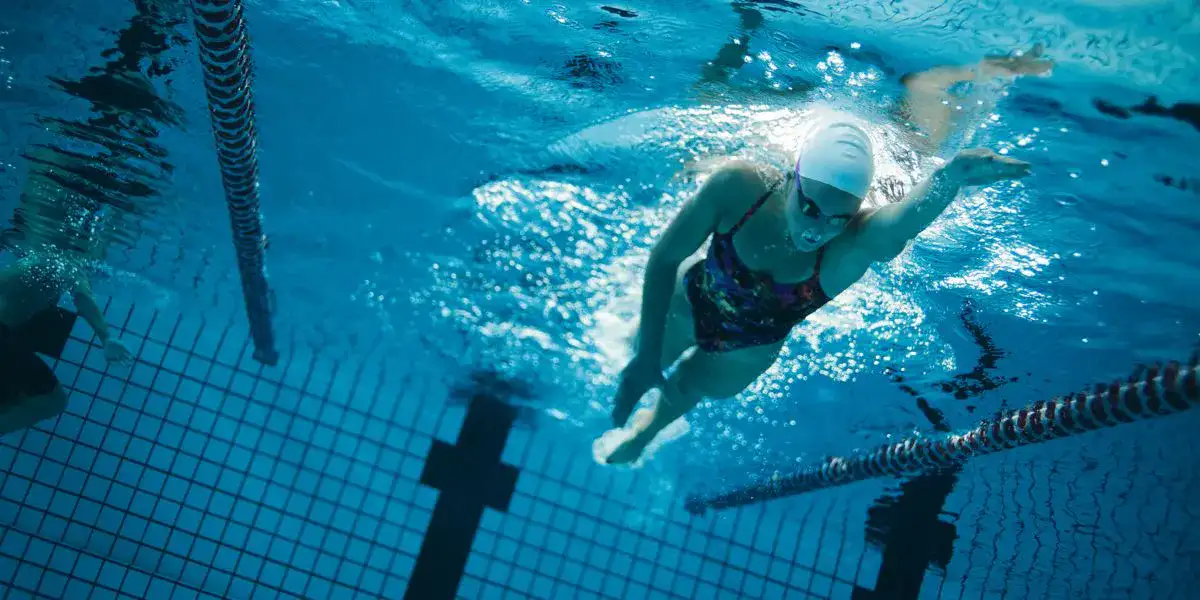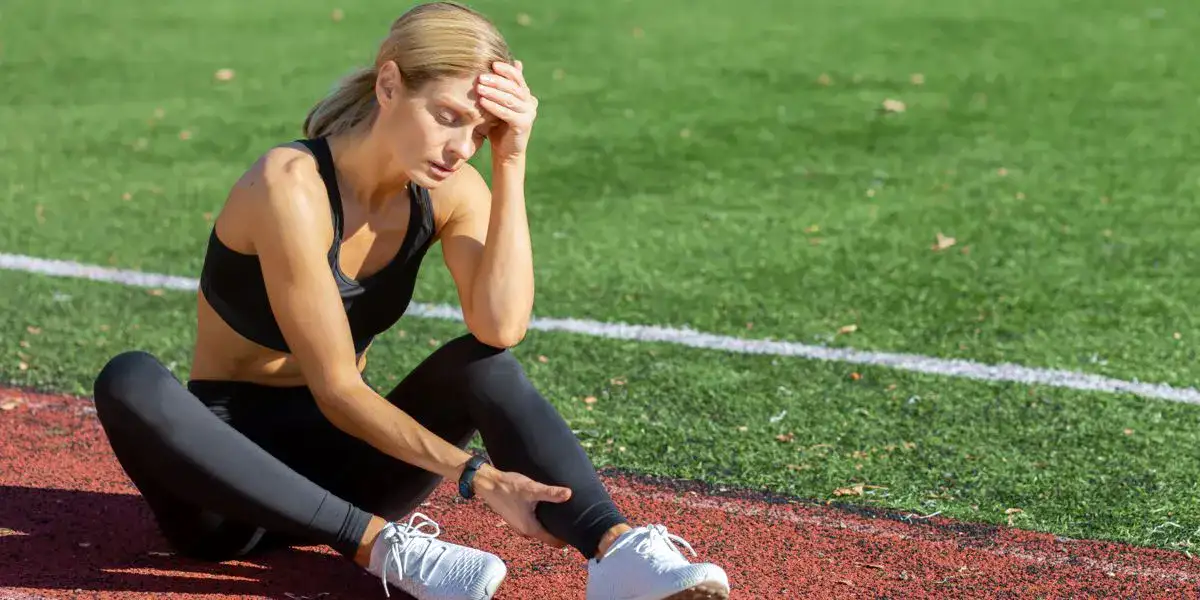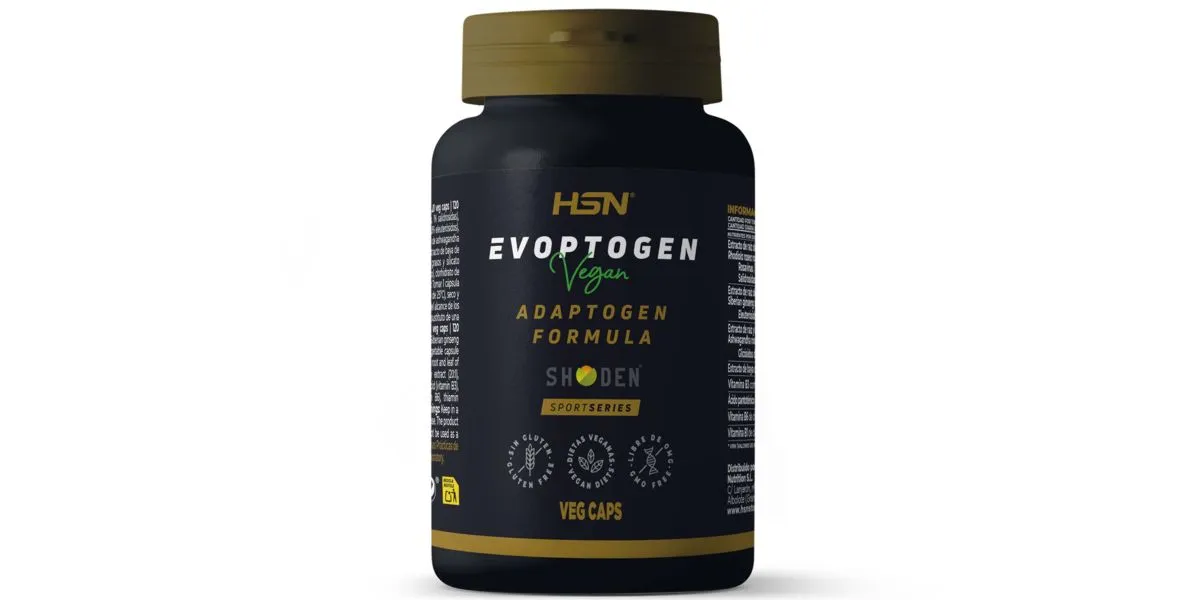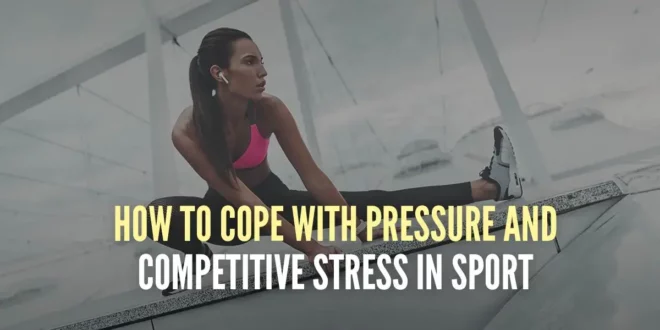Competitive stress refers to the tension and pressure that athletes experience before, during, and after a sports competition.
This type of stress can come from various sources, such as personal expectations, pressure from coaches and teammates, the importance of the competition, and the expectations of the public and the media.
Competitive stress can have different effects on athletes depending on their level of experience, their management of pressure, and other individual factors:
- Beginner athletes: They may experience high levels of anxiety due to a lack of experience and confidence in their abilities.
- Intermediate athletes: With more experience, intermediate athletes usually develop better resilience to competitive stress.
- Elite athletes: They often have well-developed strategies for managing stress, such as visualization techniques, breath control, and pre-competition routines.
Competitive stress is an integral part of sports that can have both positive and negative effects on athletes.
Effective stress management is crucial for the performance and overall well-being of athletes at all levels.
Index
Factors and Causes of Competitive Stress
These factors described below can interact with each other, amplifying the level of stress and anxiety experienced by athletes. Recognizing and managing these factors is crucial for the well-being and optimal performance of athletes:
Physical Factors
- Physical Pressure: The intense physical pressure during training and competitions can lead to fatigue, injuries, and overtraining, contributing to stress and anxiety.
- Training Demands: Rigorous training programs and high workloads can cause physical and mental exhaustion, increasing the risk of anxiety.
- Inadequate Recovery: The lack of sufficient time for physical recovery between training and competitions can lead to deteriorating performance and higher stress levels.
Psychological Factors
- Competitive Mindset: The win-at-all-costs mentality and the need to constantly outperform opponents can generate significant internal pressure.
- Personal Expectations: High expectations that athletes place on themselves to achieve certain goals or maintain a level of performance can be a source of anxiety.
- External Expectations: Pressure from coaches, family, friends, and sponsors to achieve specific results can increase anxiety and stress.
- Fear of Failure: The fear of not meeting expectations or failing at crucial moments can create a constant state of anxiety.
- Self-esteem and Confidence: Low levels of self-esteem and confidence in one’s abilities can make athletes feel more vulnerable to stress.
Environmental Factors
- Team and Teammates: Team dynamics, including internal conflicts and competition among teammates, can create a stressful environment.
- Coaches: The expectations and leadership style of coaches, especially if they are authoritarian or highly demanding, can increase pressure on athletes.
- Public and Media: Public attention and media coverage can add an extra layer of pressure, making athletes feel the need to perform consistently.
- Important Events and Competitions: The magnitude of certain sports events, such as national or international championships, can significantly increase stress and anxiety due to greater visibility and consequences of results.
- Social and Cultural Context: Social and cultural expectations and norms about sports success can influence the pressure athletes feel to perform according to those standards.

5 Techniques to Reduce Stress in Sports Performance
If you are an athlete currently going through a period of stress and want to know how to deal with it, we recommend the following:
1. Establish Planning and Preparation
Good planning and preparation are crucial to reduce stress and anxiety in athletes for several fundamental reasons. Here are some of the most important:
- Reduction of Uncertainty: Detailed planning provides a clear and structured framework of what to expect, reducing the uncertainty that is often a major source of anxiety.
- Performance Improvement: Including rest and recovery periods in the planning helps prevent exhaustion and injuries, which can significantly reduce physical and mental stress.
- Development of Confidence: Establishing pre-competition and training routines offers athletes a solid foundation to rely on, decreasing anxiety associated with preparation and performance.
- Prevention of Overtraining: Good planning balances workload with necessary rest, preventing burnout and ensuring athletes maintain their motivation and well-being in the long term.
2. Have Psychological Support
Psychological support is crucial for athletes as it provides them with tools and strategies to manage stress, anxiety, and competitive pressure. Cognitive-behavioral therapy (CBT) is particularly effective, helping athletes identify and restructure negative thoughts, develop coping skills, and improve their concentration and self-confidence.
Additionally, consulting with sports psychologists allows athletes to receive personalized and professional guidance to optimize their mental performance, establishing pre-competition routines and using visualization and relaxation techniques, which together significantly contribute to their overall well-being and success in sports.
3. Apply Relaxation Methods
Incorporating relaxation and stress management techniques into the planning helps athletes manage pressure and stay calm in high-tension situations. Visualization and other mental practices can prepare athletes for the psychological demands of competition, reducing anxiety.
Meditation, deep breathing, and yoga can help athletes relax.
4. Establish a Balanced Nutrition
A balanced, nutrient-rich diet is fundamental to maintaining the physical and mental health of athletes, as it provides the necessary energy for performance and helps regulate mood and anxiety.
- Foods like nuts and seeds, which are rich in omega-3 fatty acids, can reduce anxiety and improve brain function.
- Leafy green vegetables, loaded with vitamins and minerals, support overall health and recovery.
- Fruits rich in antioxidants like blueberries, strawberries, raspberries, blackberries, pomegranates, and cherries, help combat oxidative stress caused by intense exercise, reducing inflammation and accelerating muscle recovery.
- Lean proteins, like chicken and fish, aid in muscle repair and growth, while complex carbohydrates, like oatmeal and brown rice, provide sustained energy.
- Probiotics found in yogurt can improve gut health, which in turn can positively influence mood and reduce anxiety.
- Bananas contain tryptophan, which the body converts into serotonin, and are a good source of vitamin B6, which helps improve mood.
- Green tea contains L-theanine, an amino acid that can promote relaxation and reduce stress without causing drowsiness.
- Dark chocolate, rich in flavonoids, can improve blood flow to the brain and promote calmness.
Incorporating these foods into your diet can significantly improve sports performance and mental well-being!
5. Ensure Proper Sleep
Lack of sleep can negatively affect athletes’ performance by reducing their ability to concentrate, reaction time, and coordination, as well as weakening the immune system and increasing the risk of injury. Sleep deprivation also elevates cortisol levels, the stress hormone, and decreases the production of essential hormones for muscle recovery and repair, such as testosterone and growth hormone.
These imbalances can increase levels of stress and anxiety, affecting both sports performance and the overall mental well-being of the athlete.

How Does Stress Affect High-Performance Sports?
High-performance athletes face a series of specific challenges related to high competition, managing fame, and external expectations, all of which significantly intensify the anxiety and stress they experience.
High Performance Pressure:
- Elite athletes face extremely high expectations from coaches, sponsors, and themselves to constantly win.
- Fear of failure and intense competition increase anxiety.
- Exhaustive training cycles can lead to burnout and mental health issues like anxiety and depression.
Managing Fame and Public Opinion:
- Constant media attention and public criticism can be overwhelming and affect self-esteem.
- Public expectations and lack of privacy increase stress.
- The responsibility of being a role model adds extra pressure, increasing anxiety.
Best HSN Products to Combat Sports Stress
Undoubtedly, the best products to take are the so-called “adaptogens” which, as their name suggests, help the body adapt to stress and maintain balance, improving overall resistance and health.
One of the most interesting products we can use is Evoptogen from SportSeries, which is a combination of several herbal extracts with these adaptogenic properties, such as Ashwagandha and Rhodiola:

- Reduction of Stress and Anxiety: Helps mitigate the effects of accumulated stress throughout the day.
- Improvement of Energy and Endurance: Provides an energy boost for physical and mental activities.
- Mental Clarity and Focus: Improves the ability to focus and mental clarity.
- Support for Recovery: Facilitates physical and mental recovery after exercise or intense activities.
- Promotion of General Well-Being: Contributes to overall body and mind balance, improving mood.
These benefits make Evoptogen an effective tool for managing stress and improving performance and overall well-being!
How to Integrate Evoptogen into Your Sports Routine
Evoptogen from HSN is an adaptogenic dietary supplement designed to help improve physical and mental performance, reduce stress, and increase endurance. Here are some recommendations on how and when to take Evoptogen for the best results:
| Dosage | The recommended dose is 2 vegetable capsules per day and it is not recommended to exceed it. It is recommended to divide the dose into two servings. |
| Time of Day | In the morning: Taking Evoptogen in the morning can be beneficial to start the day with energy and endurance, helping to face daily demands more effectively. In the afternoon or evening: Taking Evoptogen in the afternoon can help manage stress for the rest of the day and arrive more relaxed at bedtime. |
| With / Without Food | It does not affect absorption, it can be taken as preferred. |
| Daily Use | To maximize benefits, it is important to take Evoptogen consistently every day, even on rest days, to maintain a constant level of adaptogens in the system. |
| Usage Cycle | At the indicated daily dose without exceeding it, Evoptogen can be taken habitually without the need for breaks. |
Related Entries






 Fitness, Nutrition, Health and Sports Blog In the HSNstore Blog you will find tips about Fitness, sport in general, nutrition, and health – HSNstore.com
Fitness, Nutrition, Health and Sports Blog In the HSNstore Blog you will find tips about Fitness, sport in general, nutrition, and health – HSNstore.com 




